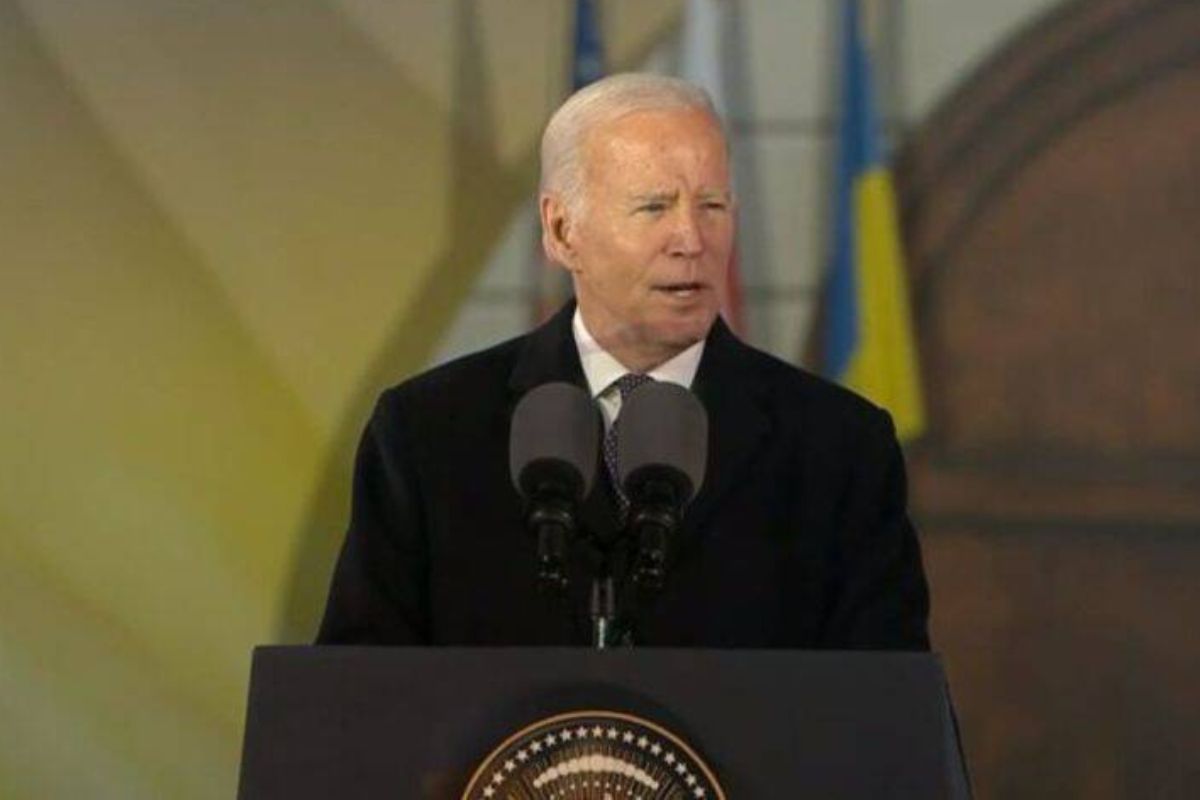Biden’s Silence
The aftermath of the 2024 US Presidential election has presented an unusual picture of a sitting president. President Joe Biden, with his party facing a decisive electoral defeat, has chosen a restrained public posture.
As the political landscape continues to evolve in the United States, President Joe Biden finds himself walking a precarious tight-rope, balancing the demands of traditional alliances with the rising tide of activism among young voters.

US President Joe Biden (Screengrab from The White House YouTube)
As the political landscape continues to evolve in the United States, President Joe Biden finds himself walking a precarious tight-rope, balancing the demands of traditional alliances with the rising tide of activism among young voters. The surge of campus protests ~ now having reached some 140 campuses across 45 states and Washington DC ~ challenge Mr Biden’s stance on Israel’s conflict with Hamas and are already beginning to force a rethink on American foreign policy.
While Mr Biden is bound by longstanding foreign policy commitments, he cannot ignore the shifting values and priorities of a new generation. The challenge is clear: how to reconcile unwavering support for Israel with the growing discontent among progressive constituents who view that country’s actions in Gaza as unjust and disproportionate. The protests also reflect a broader frustration with the status quo and a desire for meaningful change. They are fuelled by a sense of moral outrage at the loss of life in Gaza and a belief that the United States should use its leverage to hold Israel accountable for its actions, while ensuring that funding to that country be curbed. Yet, they also pose a dilemma for Mr Biden and the Democratic Party, threatening to alienate key constituents and sow division within the ranks. Mr Biden must walk a tight-rope.
On the one hand, he must condemn any acts of anti-Semitism that may arise in the course of the demonstrations, reaffirming his commitment to combating hatred and discrimination. On the other, he must also recognise the legitimacy of peaceful protest and engage with the underlying grievances driving the movement. The President’s response has, by his lights, been measured, condemning anti-Semitism while expressing solidarity with the Palestinian people. But his critics believe his policies reflect a confused mind. His reluctance to fully embrace the demands of the protesters has drawn criticism from both sides of the political spectrum. Republicans accuse him of weakness and indecision, while some Democrats warn that failure to heed the concerns of young voters could have dire consequences at the ballot box. In truth, Mr Biden faces a no-win situation.
Advertisement
No matter how he chooses to navigate the current crisis, he is bound to incur the wrath of one faction or another. Yet, therein lies the essence of leadership ~ the ability to make tough decisions in the face of adversity, guided by principle and a commitment to the common good. As the protests continue to unfold, one thing is clear: the stakes could not be higher. The outcome of this struggle will not only shape the future of US foreign policy but also define the soul of the Democratic Party for years to come. In the end, it will be up to Mr Biden and his allies to rise up to the occasion, forging a path that reflects the values and aspirations of all Americans, young and old alike.
Advertisement